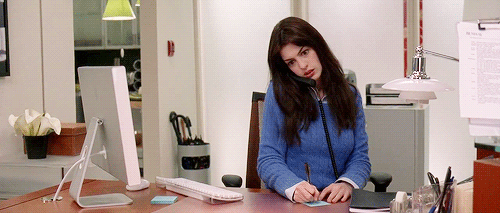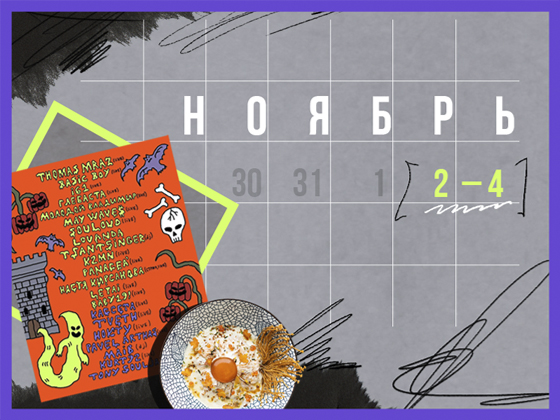
Julia Bays is an international blogger coach (but currently based in Spain). Under the hashtag #juliabase, she posts great posts about self-improvement, parenting, and self-acceptance. And with Julia, everything is based on personal experience.
After graduating from college, Julia built a successful career (from the position of sales manager to the commercial manager of a jewelry company). However, she was not afraid to give up everything and moved to Germany with her husband and three children, she. There he met famous lifestyle blogger Maria Jones, who inspired him to start his own blog she. And now on Bays’ page perhaps you will find the answer to any question. We asked the person who worries our entire editorial staff how not to “burn out” at work, take time to live, and deal with emotional exhaustion.
What is emotional burnout?
Many of them live in conditions of constant overload. Home, family, 10-12 hours of work and hardly any time off – life is like a race. And it’s hard (and even scary) to “get out” from it – after all, a career can only be built through long and hard work. As a result, emotional exhaustion occurs, accompanied by a feeling of helplessness, lack of interest in work and life, irritability, loss of strength, energy, ideals and meaning in one’s own actions. If this condition has been going on for several months, your health is at risk and it will not go away on its own!
What is occupational fatigue?
The term burnout refers to the complete physical, emotional and mental exhaustion associated with prolonged stress at work. Occupational burnout syndrome is determined by three points: emotional exhaustion, depersonalization (self-perception disorder) and inefficiency.
This is inevitable for those who prioritize career, family and other values. After several years of strenuous work, the body and soul cease to cope with increased stress, a person withdraws from social life, his immunity weakens, depression and pain syndromes appear, and the consumption of alcohol and other chemical drugs increases.
All this develops slowly, but the healing process takes a long time. According to EU-OSHA, the European Safety and Health Protection Agency, almost 28% of Europeans experience psychological disorders associated with occupational burnout. In Russia, this figure is 50%.
How to understand that you are “burned”?
1. Chronic fatigue. When neither proper rest, eight hours of sleep, or even a soothing massage help, it’s time to sound the alarm.
2. You are not interested in anything. Be it work, leisure or hobbies, even the things you used to be crazy about.
3. You cannot handle simple tasks that were not a problem before.
4. Sudden mood swings. Unreasonably excited, irritable, detached, calm, indifferent.
5. Your self-esteem is at zero. And here neither heart-to-heart talks nor psychologist sessions will help you.
6. Headache. And pain relievers don’t help.
How to stop the “race”: two rules
1. Healing
Reset yourself at least once a month and take two days off. Go to bed before 00:00 on Friday and sleep as much as you want on Saturday. After waking up, drink a glass of water and “wake up” yourself with exercises (it is not necessary to organize fitness marathons). Afterwards, have breakfast and be sure to take a walk in the fresh air.
Take a break (and even sleep) for lunch. No TV, no smartphone and no work – just relax. Meditation is a great bonus. Go to bed before 10 PM and follow the same pattern the next day. This is enough to restore strength and energy.
2. Getting rid of negative emotions
In the notes of the smartphone, periodically write down all the insults, worries and fears. Reread daily until you realize that these problems are no longer important to you. Over time, you’ll notice that the list fills up more slowly – that’s a good sign.
How to quickly restore the emotional background: 5 lifehacks
1. Meditate. Do not expect instant results, they will appear after a while. After a few weeks, you will notice that it is easier to deal with negativity.
2. Do sports. This is the most effective way to “let go” of unnecessary emotions.
3. Get as much sleep as possible. No wonder they say sleep relieves depression.
4. Pamper yourself. Even for small successes.
5. Try new things. It may be a new dish and visit some places.
Source: People Talk




